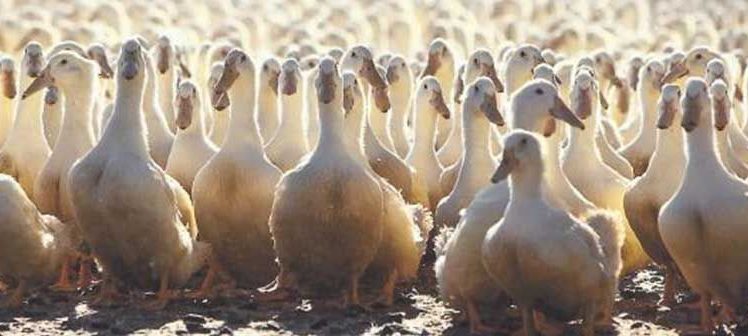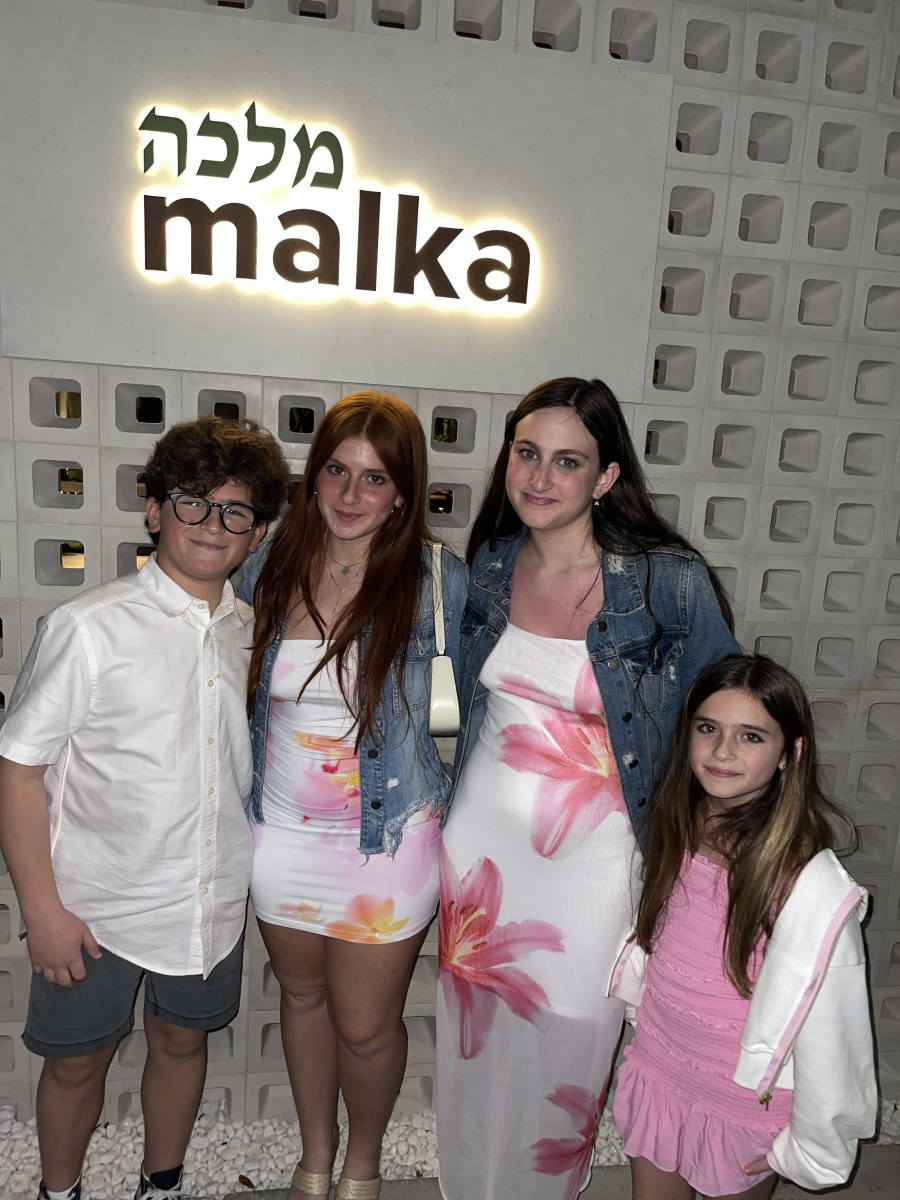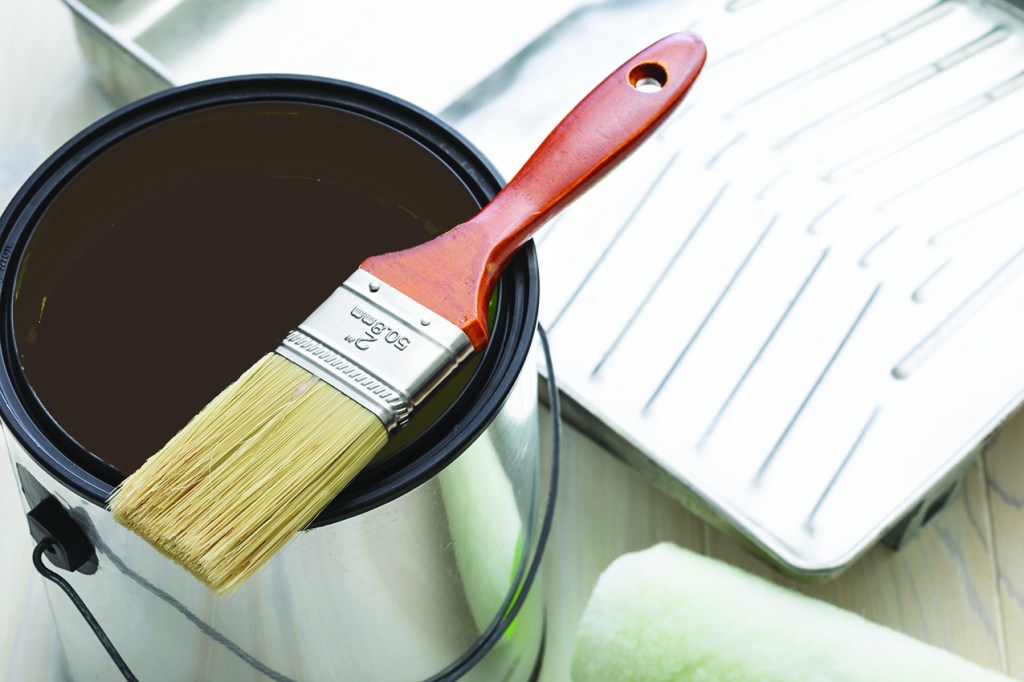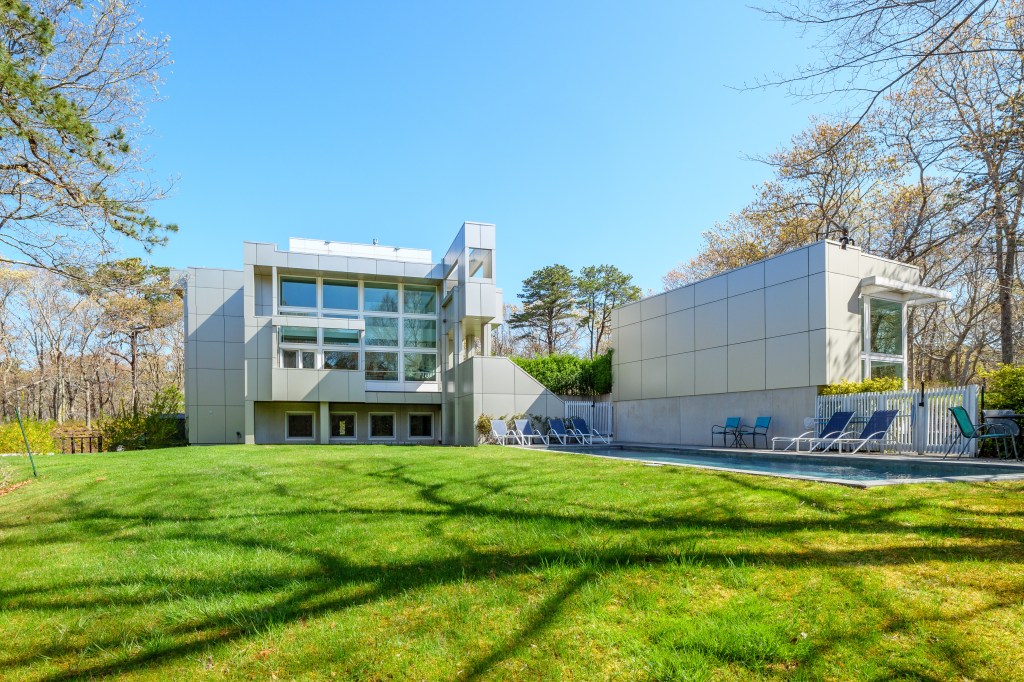Crescent Duck Farm: Last of its Kind on Long Island

Long before the East End became known as wine country, Peking duck ruled Long Island, where more than 40 duck farms once dotted the region.
Today, the Long Island Ducks play baseball and the term “Long Island duck” resonates, although all but just one have resisted the urge to sell the land to real estate developers: Crescent Duck Farm in Aquebogue.
“We’ve had some of this land since the 1600s,” Crescent Duck Farm President Doug Corwin says of the 140-acre farm. “My great grandfather started growing ducks in 1908. Each generation has added more to this. It’s a family owned business that’s four generations old and hoping to go into the fifth generation.”
Duck farming in the U.S. first truly caught hold on LI after the original breeding stock was brought over from China in the late 1800s.
“So much of the industry was here on Long Island it almost became a generic term, just as Maine Lobster became a generic term,” Corwin says. “Long Island duck meant something. It’s not quite so well known a term anymore.”
The Island’s combination of land, climate, proximity to markets such as New York City, and transportation such as the Long Island Rail Road made it ideal for duck farmers.
“Back two centuries ago, you had a phenomenal amount of farms on eastern Long Island,” Corwin says. “There was nothing but potatoes, ducks, and whatever else was being farmed.”
He said 70 to 80 percent of the nation’s ducks were grown on LI, as farms got bigger and absorbed other farms. Gradually, the World Wide Web replaced webbed feet as a more common source of income.
“The industry took a big downturn and most of our competition went out of business,” Corwin says. “We’re trying to do agriculture in an expensive area. It’s cheaper to grow ducks in the Midwest.”
Today, duck farms are more commonly found in Pennsylvania, Indiana, and California. But Crescent presses on, using technology such as high-tech microbiological testing and selling to wholesalers that supply high-end restaurants and butcher shops.
“We’re putting up a brand new hatcher now,” Corwin says. “I invested in a phenomenal waste treatment plant.”
People sometimes offer to buy land, but as Corwin describes things, don’t expect this era to end on Long Island anytime soon.
“Every now and then someone comes in and says, ‘I’d like that parcel,’” Corwin says. “We’ve turned it down. I’ve got a good business. I’ve got a brand name that’s well known. There’s a sense of satisfaction in doing something iconic for Long Island.”
This article originally appeared on LongIslandPress.com.



